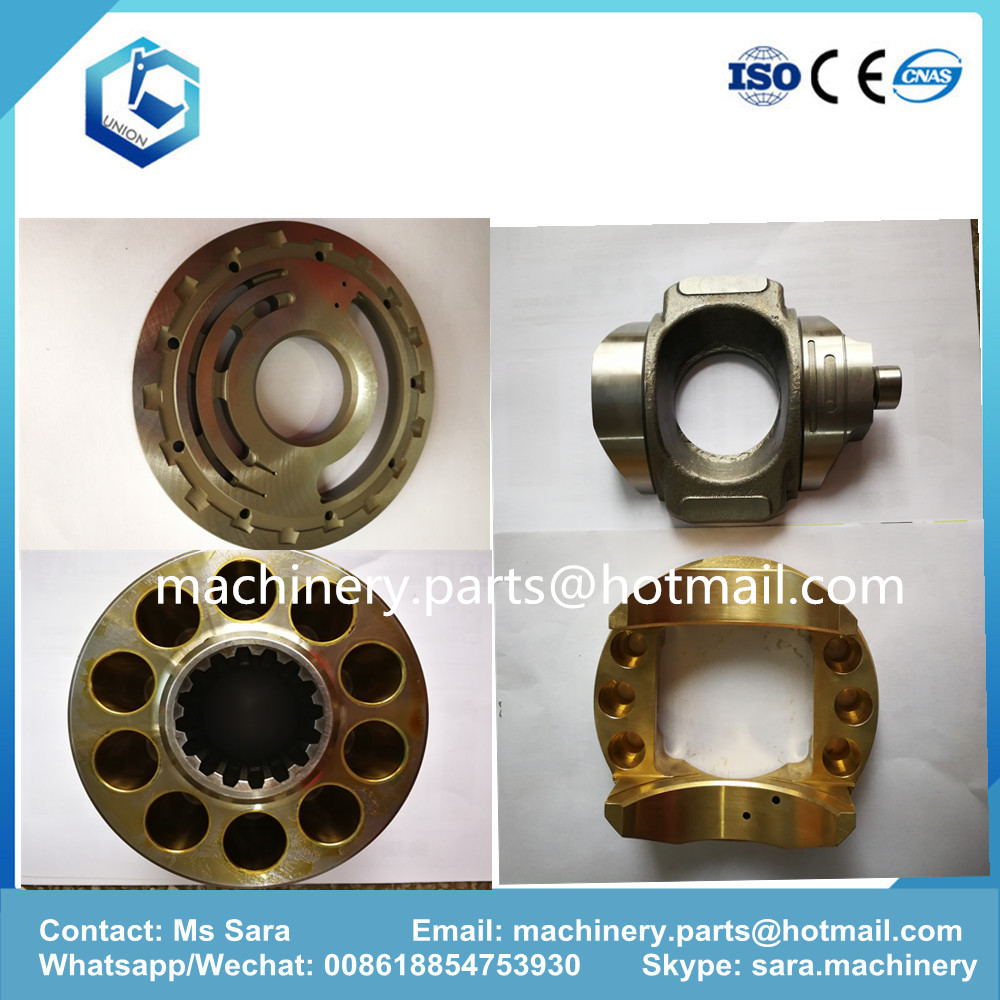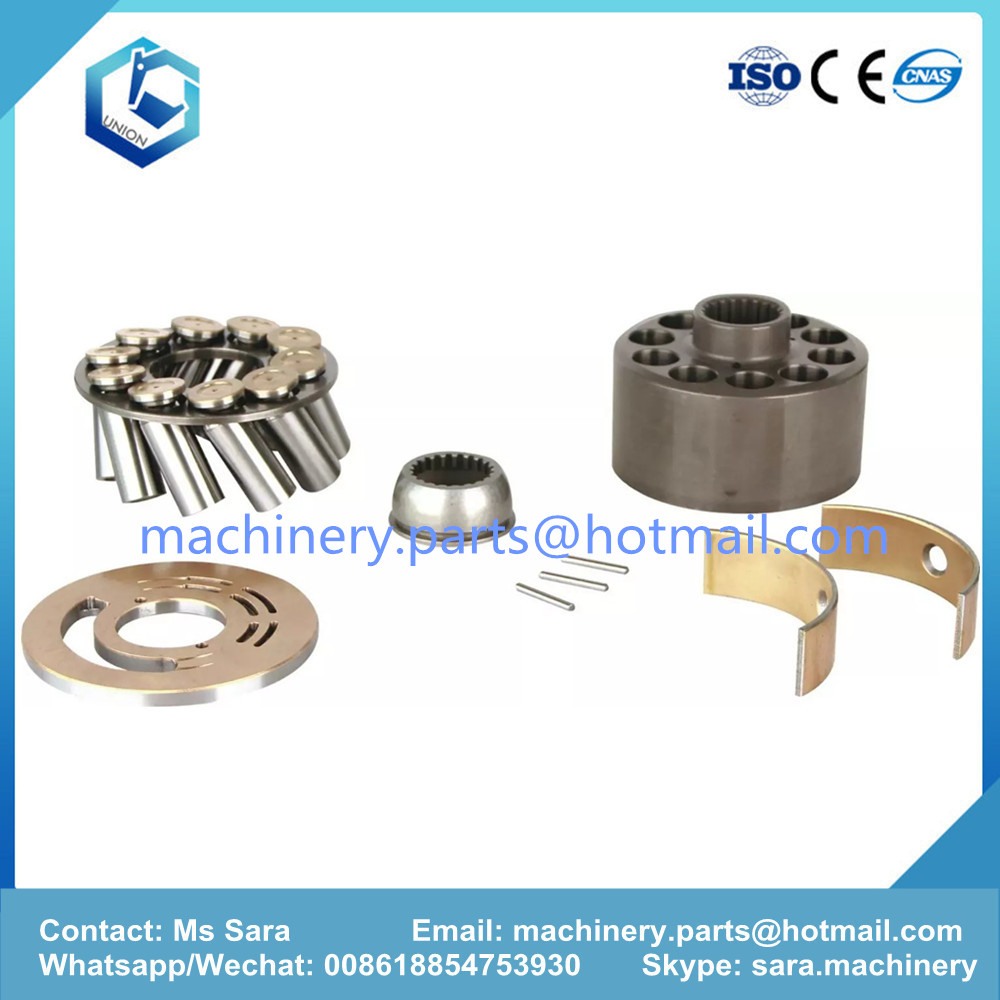The purpose of roasting pellets is to consolidate and consolidate to give it a certain mechanical strength to meet the requirements of long-distance transportation and blast furnace smelting (the pellets should have a certain mechanical strength and good reducing properties, and the two tend to Contradiction, that is, the strength is good, the reduction is poor, and vice versa, the acidic pellets are particularly prominent). Discussion of factors affecting the consolidation roasting pellets should be to improve its metallurgical properties as the goal. In order to study the influence of gangue, common quartz and feldspar are taken as examples. Quartz has a very high melting point and does not react with hematite in an oxidizing atmosphere. Feldspar has a low melting point and becomes a liquid phase at the calcination temperature. It has strong wettability to hematite and easily penetrates into the iron ore grain gap. Now take a very pure hematite concentrate (containing only 0.15% of SiO 2 ), do not match with different amounts of quartz powder, feldspar powder, calcined in air at 1250 ° C for 30 minutes, then measure its strength, and in the microscope The structure is observed, and the results are shown in Fig. 1. Quartz does not participate in the reaction, so there is no obvious influence on the strength, and the feldspar melts and infiltrates into the hematite grains to form a liquid slag bond, as long as there is 2%, Significant impact on consolidation. Reductive experiments show that quartz has no effect on the low temperature (550 ° C) and medium temperature (900 ° C) reduction of pellets, only the high temperature (1250 ° C) reduction. The feldspar blocks the pores and blocks part of the hematite surface, reducing the reduction of the pellets. The rate of recrystallization and grain growth of hematite or magnetite is mainly determined by the calcination temperature. Figure 2 is the effect of calcination temperature on the compressive strength of pellets. It can be seen from the figure that the strength of the pellets increases slowly below 1000 °C. Only higher temperatures. In order to make its strength increase rapidly. For pellets made from different raw materials, suitable calcination temperatures vary. In Fig. 2, the suitable temperature for roasting the magnetite pellets is less than 1200 °C, which may be due to the oxidation of the magnetite to the exothermic reaction of the iron ore, so that the internal temperature of the pellets is higher than the temperature of the calcining medium. (4) The duration of time at high temperatures. During the consolidation process of pellets, a series of physical and chemical changes take a certain amount of time to complete, so they must be kept at high temperatures for a certain period of time. In order to study the effect of pellets on the duration of high temperature, the hemisphere is made of hematite. The experimental results are shown in Figure 4. For each temperature level, there is a corresponding critical time. Beyond this time, the strength of the pellets will not increase any more. Below 1350 ° C, the critical time is shortened as the temperature level increases. In order to study the effect of cooling on the strength of the pellets, the magnetite concentrate pellets were calcined at 1250 ° C and then cooled at different speeds. As a result, it was found that the pellet strength was the highest when the cooling rate was 70 to 80 ° C /min.
Jining Union Machinery And Parts Co., Ltd. Is famous for Komatsu Hydraulic Pump Parts. We can supply many brand Hydraulic Pump Parts.
Our main model as follow:
PC50MR-2, PC56-7, PC60-5, PC60-7, PC60-8, PC70-8, PC110-7/-8, PC130-7/-8, PC160-7, PC200-7, PC200-8, PC220-7, PC220-8, PC270-7, PC200-8EO, PC300-7, 360-7, PC400-6, PC400-7, WA470-3, PC450-8, D85PX-15, PC650-8, WA500-6, D275AX-5, D575A-3, WA380-3, WA420-3, WA600-3, D375A-5.
Our pump parts is original pump parts made in Japan. We also can supply made in china quality pump parts.
Our Hydraulic Pump parts include pump cylinder block , piston shoe, retainer plate, valve plate, ball guide, cradle, support, drive shaft, etc.
All our parts we will give customer 6 months warranty period.
Hydraulic Pump Parts For Komatsu Hydraulic Pump Parts For Komatsu,Komatsu Hydraulic Pump Parts,Hpv95 Hydraulic Pump Parts,Cylinder Block Valve Plate JINING UNION MACHINERY AND PARTS CO., LTD. , https://www.vmpmachineryparts.com
(1) The mineral type of iron concentrate. The raw materials commonly used in the production of pellets are magnetite and hematite. Hematite is superior to magnetite in terms of sphericity, and the opposite is true in terms of calcination and consolidation properties. There are two reasons why magnetite is more easily consolidated: one is the oxidation and the exothermic effect of magnetite during the roasting process. Hematite relies on recrystallization at high temperatures, requiring higher calcination temperatures.
Iron concentrate contains gangue, some of which are not much, but have an important influence on the consolidation of roasting. There are many varieties of gangue minerals, and its influence mechanism on the consolidation of pellets is nothing more than whether it can react with iron minerals, whether it can become liquid phase, and the ability of liquid to wet relative to iron minerals. 
The effect of iron concentrate size and particle size composition on consolidation is consistent with the effect on spheroidization. The particle size is small and the specific surface area is large, which is not only beneficial to the gas-solid phase reaction, but also beneficial to solid-solid phase reaction, which makes the magnetite oxidize rapidly, has many surface lattice defects, and is easy to carry out solid phase diffusion reaction. Therefore, the raw material has a fine particle size and the pellet strength is high. In addition, the particle size is related to the porosity and the size of the pores. The pellets with high strength must have small and uniform pores. [next]
(2) Effect of calcination temperature. The calcination temperature level has the greatest influence on the consolidation of pellets. It is generally believed that the higher the temperature, the faster the reaction rate, the oxidation reaction of magnetite, and the diffusion and recrystallization of hematite. In fact, the preheating temperature reaches 900 ° ~ 1000 ° C or more, and then increase the temperature to accelerate the oxidation of magnetite is not large. 
(3) The effect of heating rate. When the pellet is fired, the heating rate may vary from 120 ° C / min to 57 ° C / min. For different raw materials, an appropriate heating rate should be explored through experiments.
If the temperature rises too fast, the center of the magnetite pellet will not be fully oxidized, and the temperature rise will be too slow to reduce the productivity of the equipment.
In addition, the pellets have poor thermal conductivity, and the temperature rises too fast, causing the temperature difference in the radial direction to rise, causing cracks due to the difference in expansion, and reducing the strength of the pellets. Experiments have shown that reducing the heating rate to 57-80 ° C / min, keeping the total roasting time unchanged, can increase the strength of the pellet from 88 kg / piece (862.9852 N / d) to 222 kg / / (2177.0763 Ng /)). Figure 3 is the result of an earth ore experiment in China.  [next]
[next] 
(5) Effect of the baking atmosphere. The nature of the calcination atmosphere is determined by the oxygen content and is classified as follows:
O>8%: Strong oxidizing atmosphere containing O:4~8%: Oxidizing atmosphere containing O:1.5~4%: Weak oxidizing atmosphere containing O:1~1.5%: Properties of roasting atmosphere in neutral atmosphere, for magnet The ore pellet is very important, it is related to the oxidation of magnetite. In order to achieve the desired oxygen content in the calcining medium, a high calorific value fuel should be used. The calcination of hematite pellets, although not required for oxidation, requires a higher calcination temperature, so the fuel requirements cannot be lowered.
(6) The effect of cooling. Cooling is a part of the process of roasting pellets. Although it does not directly act on the calcination consolidation process, it seriously affects the consequences of roasting consolidation. The excessively fast cooling rate causes uneven shrinkage along the radius of the pellet, generates stress, and reduces the strength of the pellet. See Figure 5 where 1 - laboratory test; 2 - industrial test. 
In industrial production, in order to obtain high-strength pellets, the pellets should be cooled to a temperature that the conveyor belt can withstand at a cooling rate of 100 ° C / min, and chilled with water spray, which will seriously damage the pellets. strength. 

Factors Affecting the Calcination and Consolidation of Pellet---The Effect of Raw Material Properties
Next Article
Granite introduction
Prev Article
Make full use of tailings to realize tailless mines